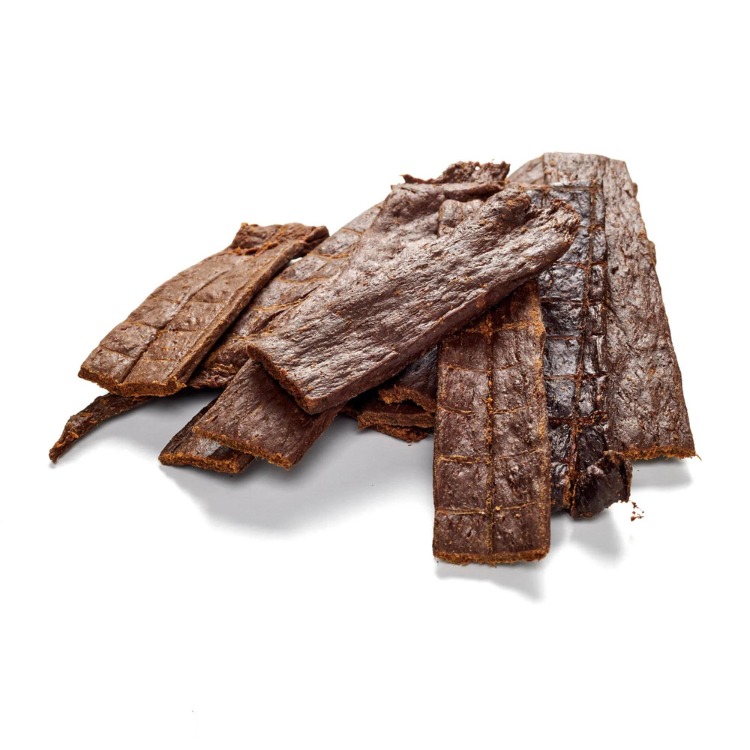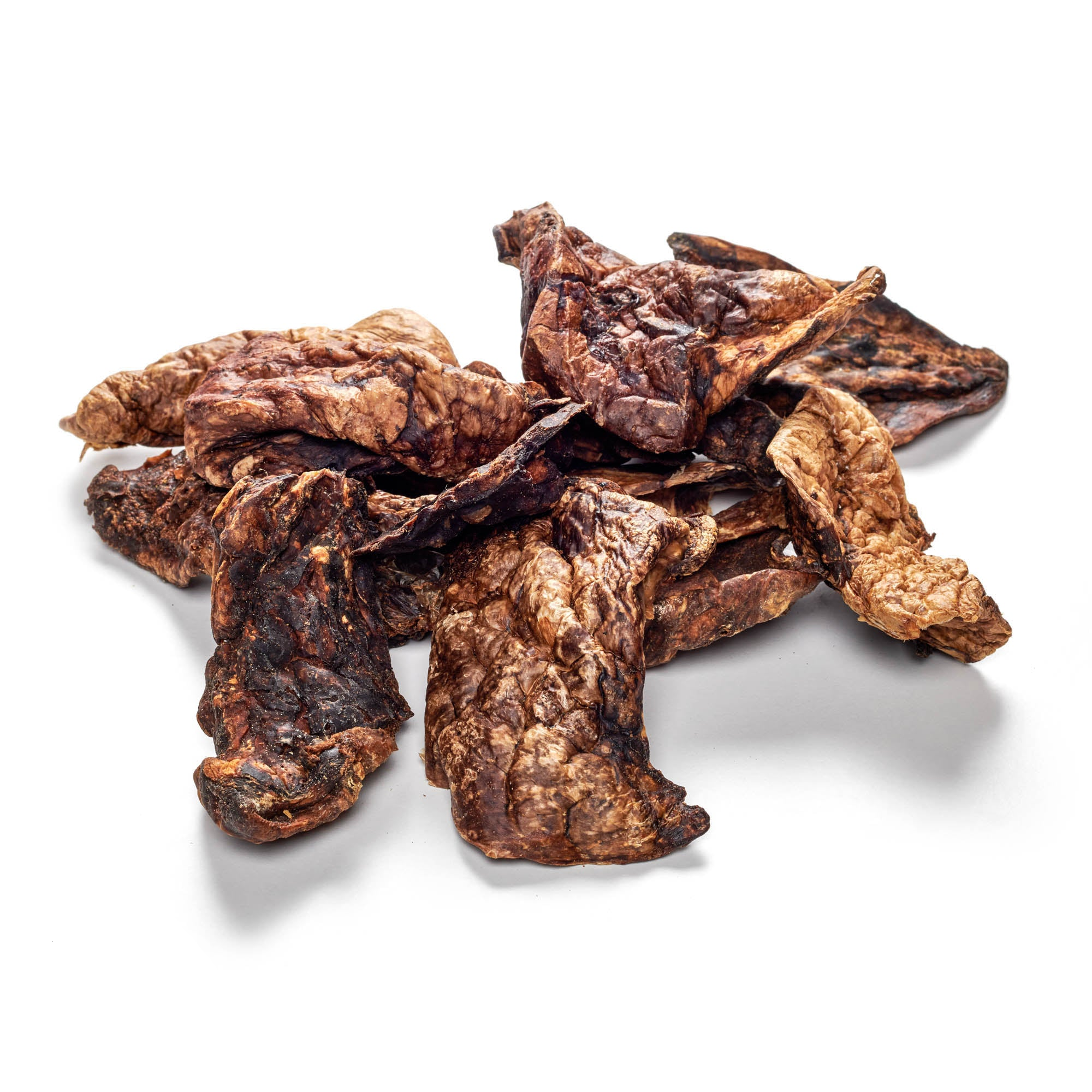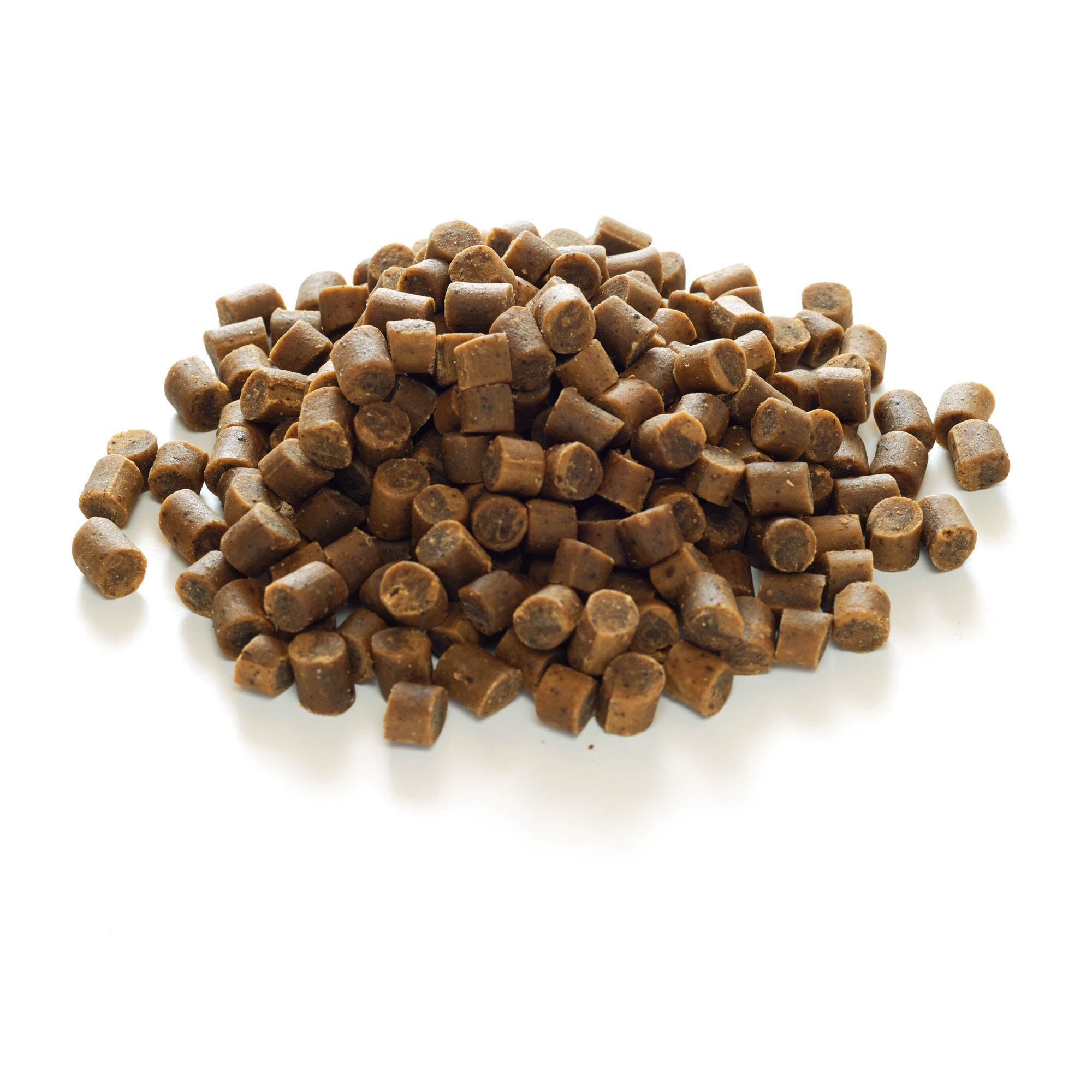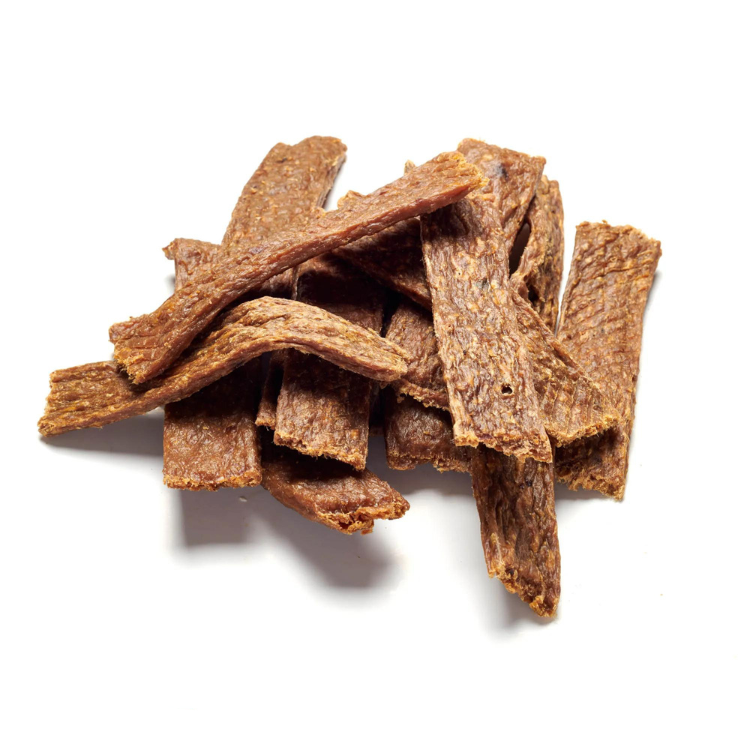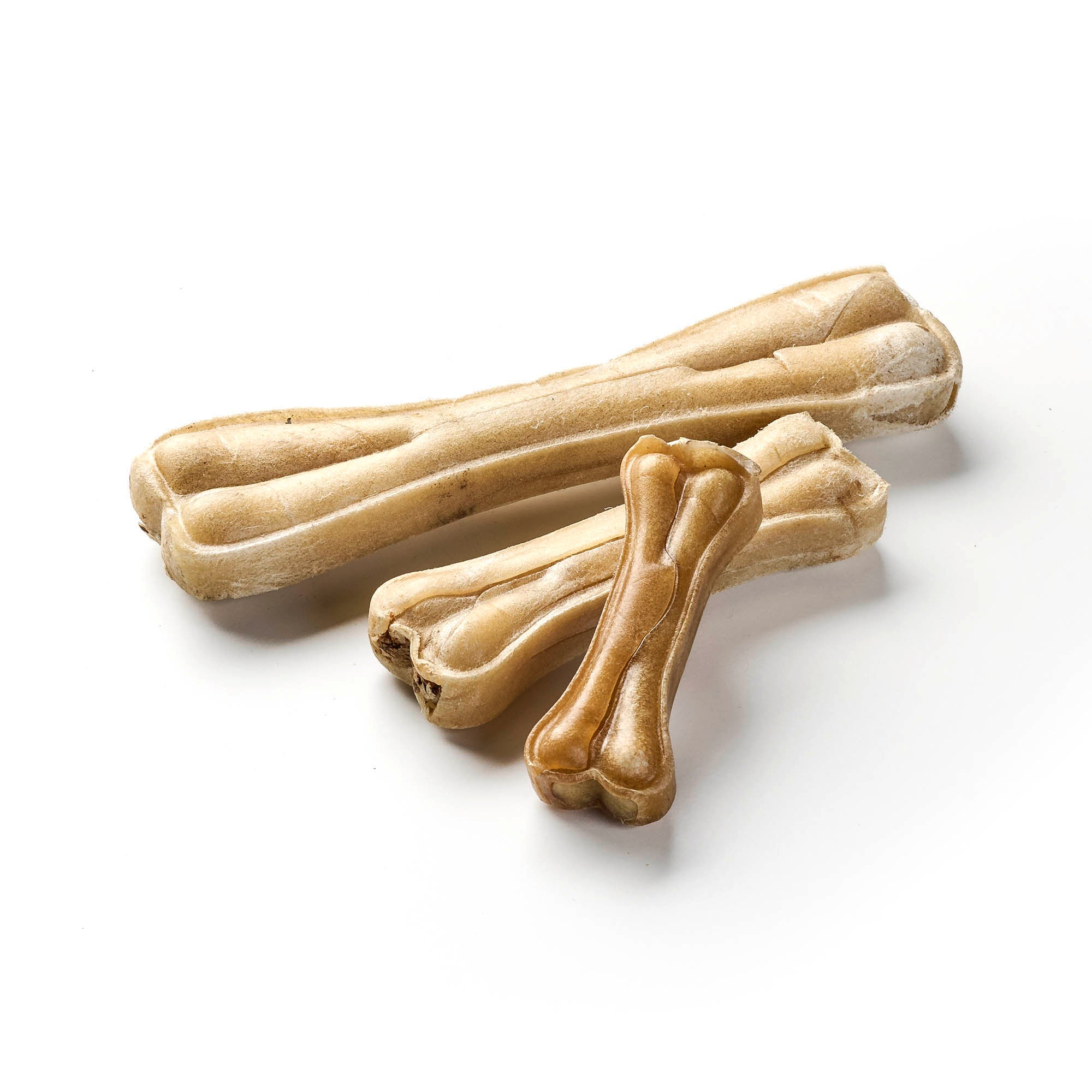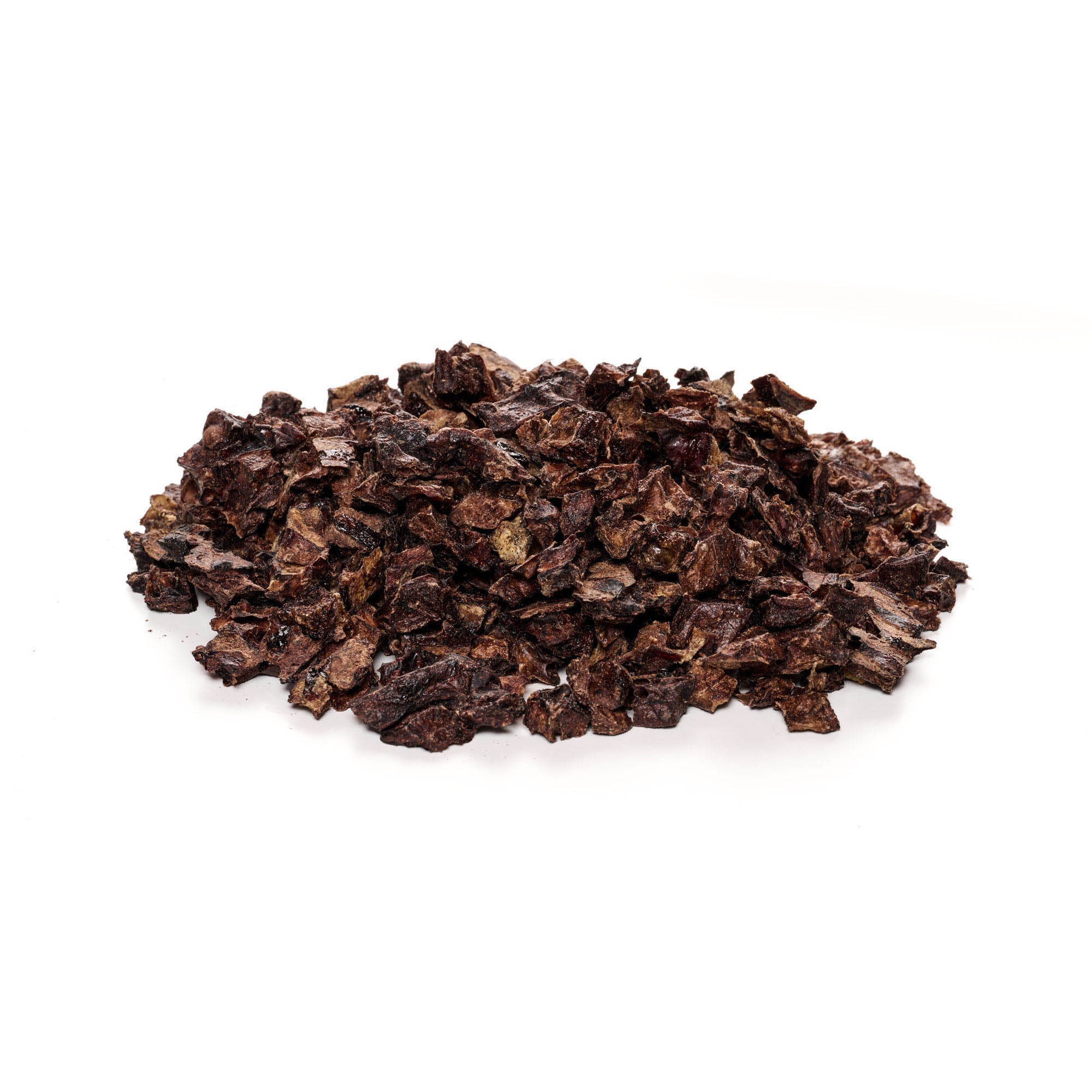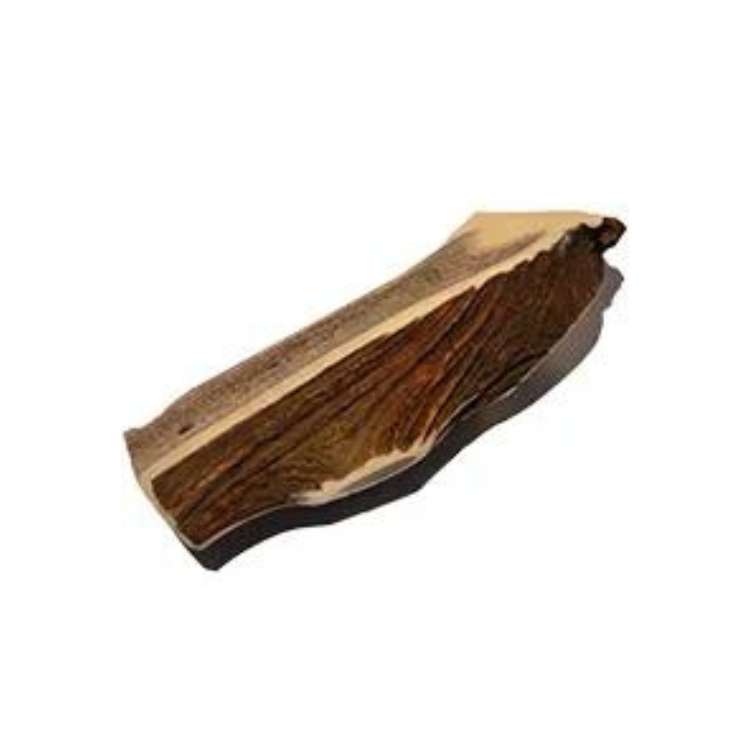
Greyhounds in Portrait: Everything about Keeping, Care and Character
Share
Greyhounds fascinate with their elegance, speed, and gentle nature. Are you wondering whether a greyhound is right for you, or simply want to learn more about these exceptional dogs? In this article, you'll learn everything you need to know about keeping, caring for, and the unique character of greyhounds. Whether as an active companion in sports or a relaxed couch potato – greyhounds have many facets. Learn about the special characteristics of these dog breeds and find out what really matters if you want to give a greyhound a home.
Contents: Portrait of greyhounds: Everything about keeping, care and character
- What distinguishes greyhounds? Origin and typical characteristics
- The character of greyhounds: sensitive, calm and yet full of energy
- Keeping greyhounds: What you should know before buying one
- Care and health: How to keep greyhounds fit and happy
- Greyhounds and exercise: Why exercise is so important
- Who are greyhounds suitable for? Everyday life with a special dog
What distinguishes greyhounds? Origin and typical characteristics
Reward your best friend with our dog treats!
Greyhounds are among the oldest dog breeds in the world and were originally bred to hunt by sight—hence the English term "sighthound." Their origins date back to ancient Egypt and Persia. What distinguishes greyhounds is their lean, muscular build, which gives them exceptional speed. Some breeds can reach speeds of over 60 km/h—making them among the fastest dogs in existence.
Greyhounds are not only characterized by their elegant appearance with a narrow head, deep chest, and long legs, but also by their calm and sensitive nature. Despite their hunting background, many greyhounds are rather relaxed, affectionate, and people-oriented in everyday life. Their keen sense of smell also makes them particularly sensitive to the moods of their surroundings. Anyone seeking an elegant, sensitive, and adaptable companion will find a true companion in a greyhound.
The character of greyhounds: sensitive, calm and yet full of energy
Greyhounds have a very special character: They are sensitive, calm, and at the same time full of energy – depending on the situation. At home, many greyhounds are surprisingly relaxed, enjoying peace and physical contact without being intrusive. Outside, however, they thrive: Their passion for exercise and their hunting instinct are awakened by the sight of a running animal or when running freely in safe terrain.
Their sensitivity is reflected in their strong bond with humans. Greyhounds react sensitively to moods and prefer a calm, loving upbringing without harshness. They are intelligent, but rather reserved and dislike loud, hustle and bustle. Many greyhounds need time to gain trust, but then prove to be loyal and affectionate.
This special mix of gentle nature and athletic energy makes greyhounds unique companions – especially for people with a balanced lifestyle.
Discover delicious dog snacks directly from our range!
Keeping greyhounds: What you should know before buying one
Keeping a greyhound differs in some respects from keeping other dog breeds. Although they appear athletic, many greyhounds are surprisingly undemanding in everyday life and appreciate a quiet, structured home. However, a securely fenced yard or regular access to a safe off-leash area is important, as their hunting instinct can kick in spontaneously.
Greyhounds are not dogs for long periods of solitary confinement. They form a close bond with "their" human and feel most comfortable in company. A cozy place, soft blankets, and a quiet environment are more important to them than numerous activities or commands.
Before purchasing a greyhound, you should consider whether you have enough time, patience, and a suitable lifestyle. A greyhound from a rescue shelter is also worth considering—many former racing dogs are looking for loving homes and have great qualities.
Care and health: How to keep greyhounds fit and happy
Greyhounds are generally easy-care dogs in terms of their appearance. Most breeds have short, fine fur that hardly sheds and doesn't require extensive grooming—an occasional brushing is perfectly sufficient. However, they are sensitive to cold and wet weather, so a well-fitting coat is recommended in inclement weather.
In terms of health, greyhounds are considered robust, but there are some breed-specific characteristics. These include, for example, their specific fat distribution, which influences anesthesia and medication dosages. Many greyhounds are also very slim—which is normal, but often mistakenly perceived as underweight .
Regular veterinary checkups, high-quality food, and sufficient exercise will help keep your dog healthy and happy. Especially important: Make sure they have a comfortable, well-padded sleeping area—greyhounds have little body fat and don't like hard sleeping surfaces.
Greyhounds and exercise: Why exercise is so important
Greyhounds are natural sprinters—their passion for short, intense sprints is in their blood. But contrary to what many assume, they don't need hours of walks or constant activity. Rather, they require high-quality exercise: regular, free-roaming in safe terrain is ideal for satisfying their natural urge to move.
A greyhound that is allowed to exercise regularly is usually calm and balanced at home. However, it's important to pay attention to their strong hunting instinct: In unsecured areas, you should only let your greyhound run on a leash – a rabbit that suddenly jumps up can make all your calls disappear.
Mental stimulation shouldn't be neglected either: nose games, quiet training, or cuddling sessions help build a strong bond. Exercise for greyhounds means more than just running—it also means a balance between action and relaxation.
Who are greyhounds suitable for? Everyday life with a special dog
Greyhounds are special dogs for special people. They are ideal for people with a quiet lifestyle who are looking for a sensitive, affectionate, yet athletic companion. If you're willing to devote time, patience, and understanding, a greyhound can become an incredibly loving family member.
They're a good fit for individuals, couples, or families with older, quiet children. Those who enjoy long walks, can regularly allow off-leash exercise, and don't have excessive expectations of "at-the-push obedience" will have a lot of fun.
They're less suitable for active athletes or very noisy households. Greyhounds are also a viable first-time dog – provided you do your research and have a good sense of empathy. Former racing or hunting dogs from animal welfare organizations, in particular, will reward you with deep loyalty and a calm, charming presence in everyday life.
Conclusion
Greyhounds are elegant, sensitive, and fascinating companions who delight with their calm nature and impressive speed. Those who give them time, understanding, and sufficient exercise will be rewarded with a loyal and gentle dog. They are easy to care for, affectionate, and often surprisingly relaxed—ideal for people with a quiet lifestyle. Whether as a family member, comforter, or running partner: a greyhound enriches life in a very special way.
Discover the range of dog snacks in our store!

